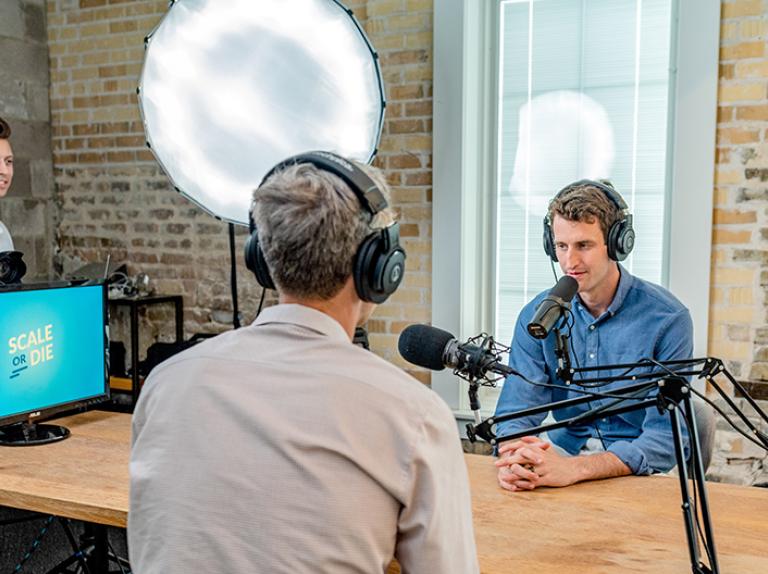
Destination Marketing Organizations (DMOs) play a vital role in promoting and marketing their location to potential visitors. With the rise of digital marketing, DMOs now have a variety of channels through which they can reach their target audiences, such as social media, online ads and digital partnerships. However, the time is now for destinations to prioritize owned media as their primary marketing strategy.

In marketing, there are four types of media that are regularly used by organizations. These are paid media, like advertisements, earned media, such as press releases and journalist coverage, shared media, like social channels and owned media. Owned media refers to the channels and assets that a DMO has complete control over, such as their website, blog and creative outputs like podcasts and video series. Here are a few reasons why DMOs should focus on owned media:
Control Over Messaging and Branding
One of the main advantages of owned media is that of control. DMOs have complete control over their messaging and branding. This means that they can tailor their content to their target audience, highlight the unique selling points of their destination and promote their brand values at their own, strategic pace. By internally controlling their messaging and branding, DMOs can ensure that their content is consistent across all channels, which can help build trust with their audience and increase brand awareness.
Owned media also allows DMOs to tell their destination's story in a way that is unique and engaging. They can use their podcast, blog and other owned channels to showcase their destination's culture, history and attractions, as well as share news and updates. By creating high-quality content, DMOs can build a devoted following that doesn’t feel like they are being advertised to. Podcasts and web series can build long-term relationships with their audience, which can lead to increased loyalty and repeat visitors to their destination.

Cost-Effectiveness
DMOs can create and distribute content through their owned media channels for little to no cost. For example, organizations can write blog posts, create videos or send out newsletters to their email list, spending minimal amounts on advertising or partnerships.
Owned media is one of the most cost-effective marketing channels for DMOs. The report states that owned media can help destinations reach their target audience without having to spend significant amounts on advertising or partnerships. Stuart Butler, CEO of Visit Myrtle Beach, recently spoke to me about the power of owned media, “If you can build an audience that you own, and you can message to, then over time, it becomes a lot more cost-effective and a lot more impactful to be able to communicate the right message to them in the right way.”
Relationship Building and Data Ownership
By consistently creating high-quality content that resonates with their audience, destinations can build trust and loyalty over time. This is particularly important for destinations that rely on repeat visitors. By nurturing a relationship with their audience through owned media, DMOs can ensure that their destination is top of mind when visitors are planning their next trip. In addition, owned media provides organizations with valuable first-party data about their audience. For example, with an email list, DMOs have access to information about their subscribers, including their location, interests and demographics, depending on what is included on the intake form. This data can be used to create more targeted and effective marketing campaigns. In contrast, with other marketing channels like social media, the data is owned by the platform and DMOs have limited access to it.
Owned media is a powerful marketing strategy that I believe hasn’t been harnessed to its full potential. By prioritizing owned media, destinations can create a sustainable marketing strategy that will help them reach their target audiences and promote their destination effectively. However, it is essential to remember that owned media should not be used in isolation. It should be part of a broader marketing strategy that includes other channels, like social media (shared), public relations (owned) and advertising (paid). By leveraging multiple channels, DMOs can create a comprehensive and effective marketing strategy that will help them achieve their goals.


